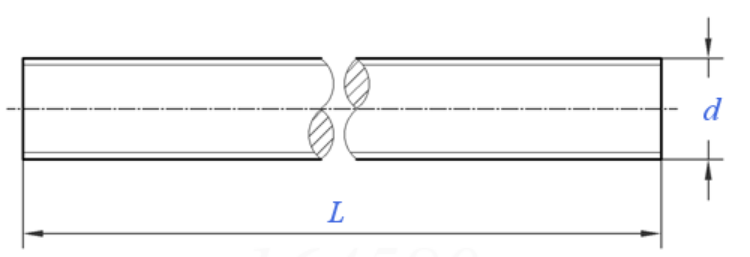High-Quality M30 Stud Bolts from Leading Factories
Sep . 17, 2024 05:06 Back to list
High-Quality M30 Stud Bolts from Leading Factories
Stud Bolt M30 Factories An Overview of Production and Importance
In the realm of industrial manufacturing, stud bolts play a crucial role in ensuring the structural integrity of various assemblies. One particular size that is frequently utilized is the M30 stud bolt. As industries seek reliable components that meet stringent safety and performance standards, factories focusing on the production of M30 stud bolts have become increasingly significant.
Stud bolts are essential fasteners that consist of a cylindrical piece of metal with threaded ends. They are typically used in applications where high strength and resistance to high temperatures and pressures are required, such as in the construction of bridges, oil refineries, and power plants. Given their importance, the manufacturing process of stud bolts, particularly the M30 size, requires precision and quality control at every stage.
Manufacturing Process
The production of M30 stud bolts typically involves several key steps, starting with the selection of appropriate raw materials. High-quality steel, known for its strength and durability, is commonly used. Factories often use alloy steels or carbon steels, which can withstand harsh environments and mechanical stress.
Once the materials are procured, the manufacturing process begins with forging. This involves shaping the steel using compressive forces, often at high temperatures. Forging enhances the material's microstructure, resulting in superior strength and toughness—a critical factor for stud bolts used in demanding applications.
Following forging, the studs undergo machining processes to create the precise dimensions and threads required for M30 specifications. This step is crucial, as the threads must be accurately cut to ensure proper fitment and function in applications. This might include the use of CNC (Computer Numerical Control) machines, which provide high precision and efficiency, enabling mass production without compromising on quality.
stud bolt m30 factories

Quality Control
Quality control is an integral part of the manufacturing process. Reputable M30 stud bolt factories implement rigorous testing protocols to ensure that their products will perform to specifications. This includes tensile testing, hardness testing, and checking for any defects in the material. Additionally, many factories adhere to international standards such as ISO 9001 to ensure that their quality management systems are up to par.
Role in Various Industries
M30 stud bolts find applications in a myriad of industries. In the construction sector, they are crucial for ensuring stability in large structures. In the oil and gas industry, M30 stud bolts are used to secure pipelines and machinery, where reliability is paramount due to the hazardous nature of the materials being transported. Furthermore, in the energy sector, they are widely used in wind turbines and other renewable energy technologies for their robustness and ability to withstand extreme conditions.
Conclusion
The production of M30 stud bolts in factories reflects the importance of these components in ensuring the safety and reliability of various applications across diverse industries. As technology advances, manufacturers are likely to continue innovating methods to enhance the performance, efficiency, and sustainability of stud bolts. For engineers and contractors, understanding the role and specifications of M30 stud bolts is critical in choosing the right fasteners for their specific applications, ultimately leading to safer and more reliable constructions worldwide. The future of stud bolt manufacturing, especially for M30 sizes, looks promising, with ongoing advancements likely to further bolster their importance in industrial applications.
Latest news
-
Premium Phosphated Drywall Screws Supplier | Durable, Rust-Resistant
NewsAug.27,2025
-
Reliable Wire Bolts Suppliers | Quality Zinc Plated Fasteners
NewsAug.26,2025
-
Wire Bolts Suppliers: Durable & Reliable Fasteners for Every Project
NewsAug.25,2025
-
Premium Cabinet Bolts Supplier | Wholesale & Custom Solutions
NewsAug.24,2025
-
Reliable Axle Nuts Supplier | Quality & Precision Fasteners
NewsAug.23,2025
-
Durable Bolts for Lawn Mower Handle - Top Supplier & Manufacturer
NewsAug.22,2025
